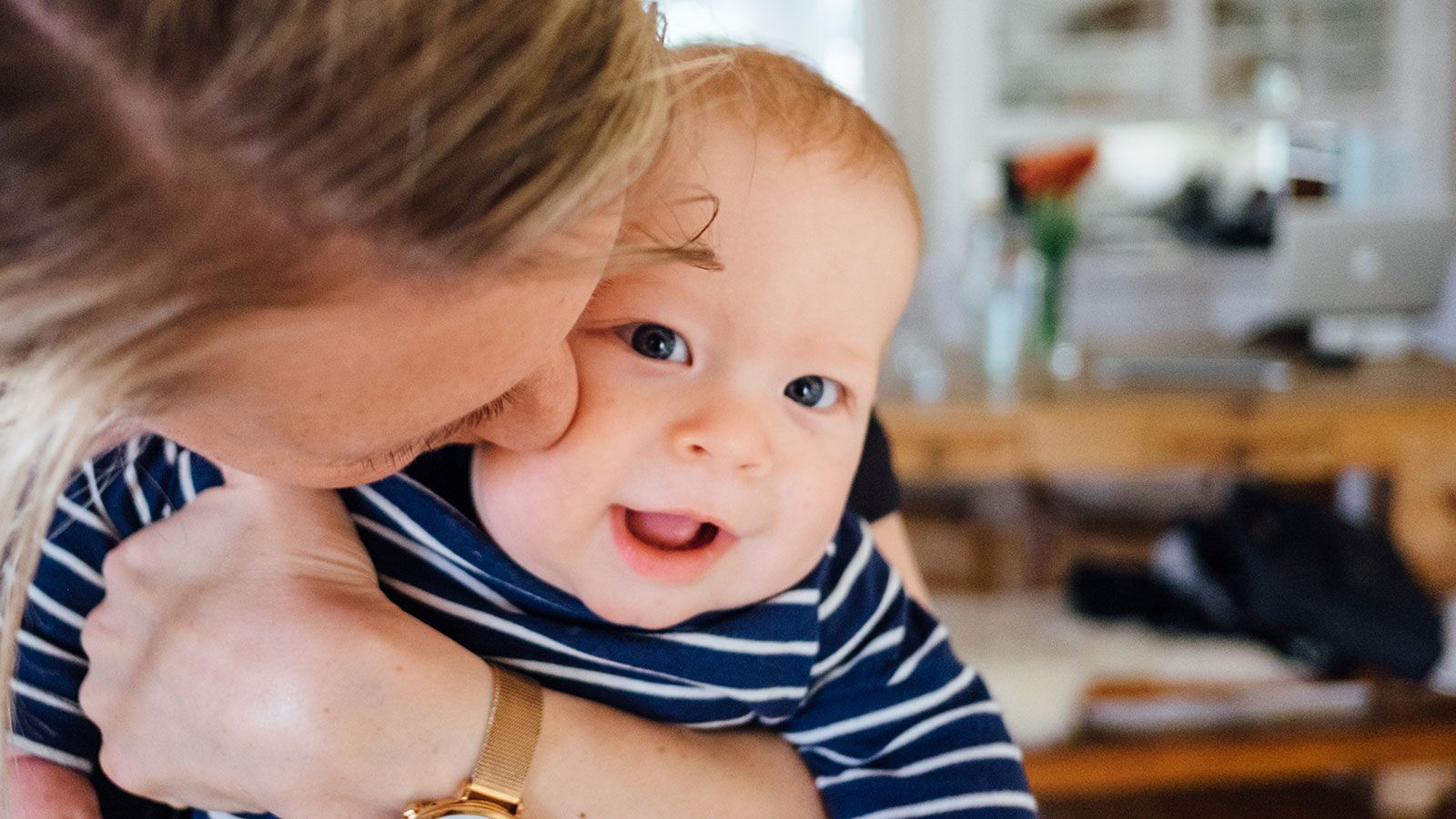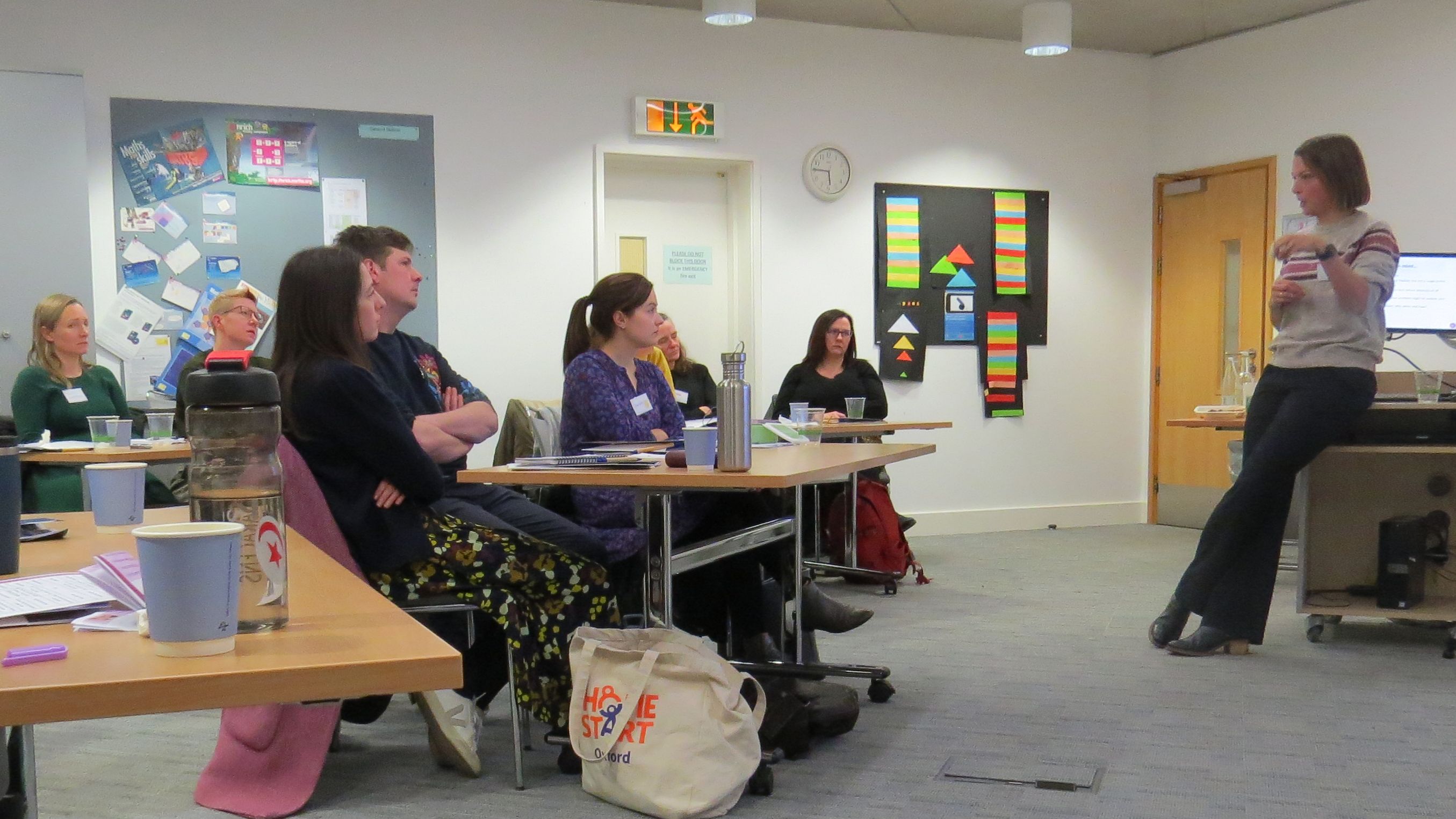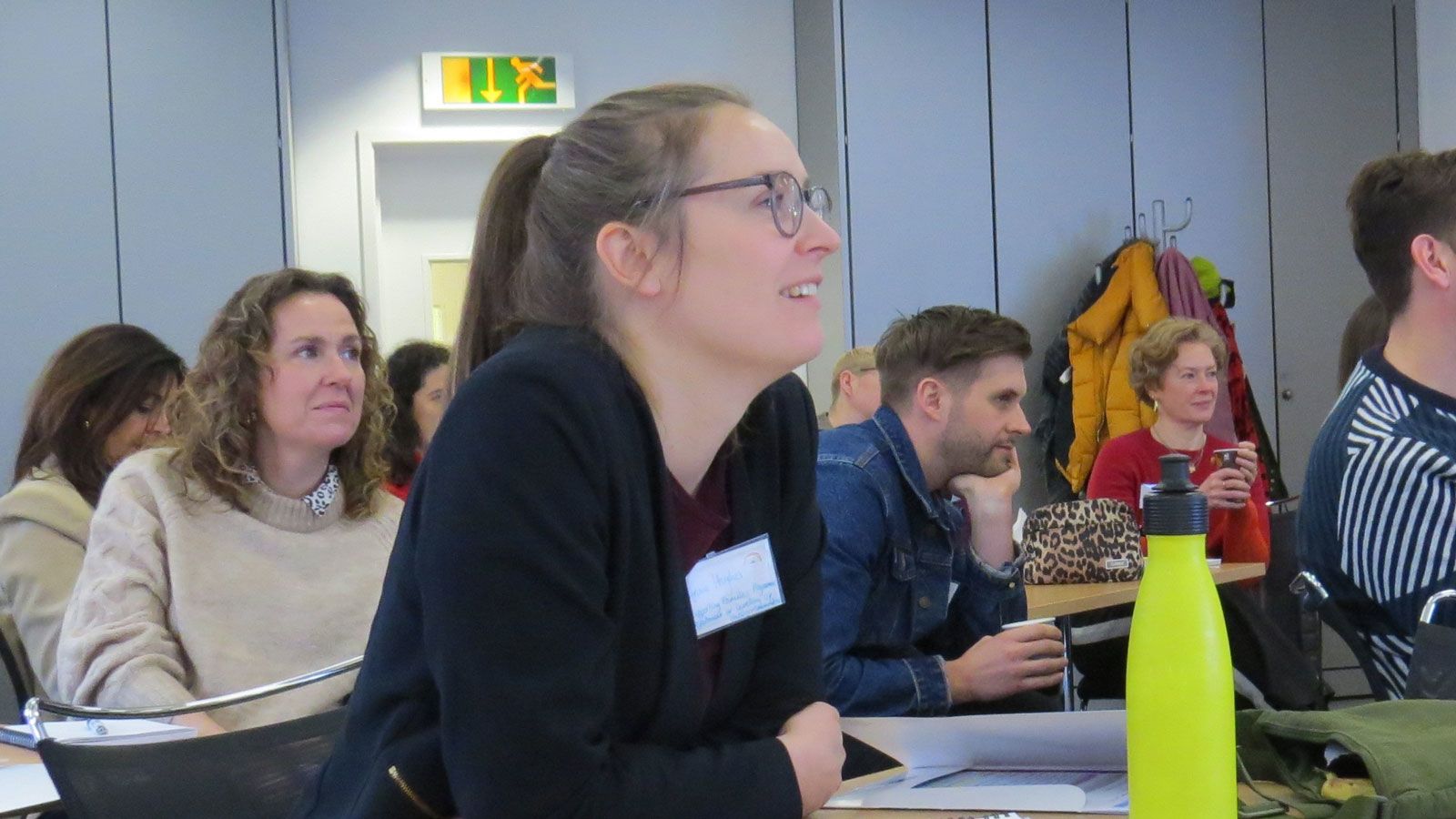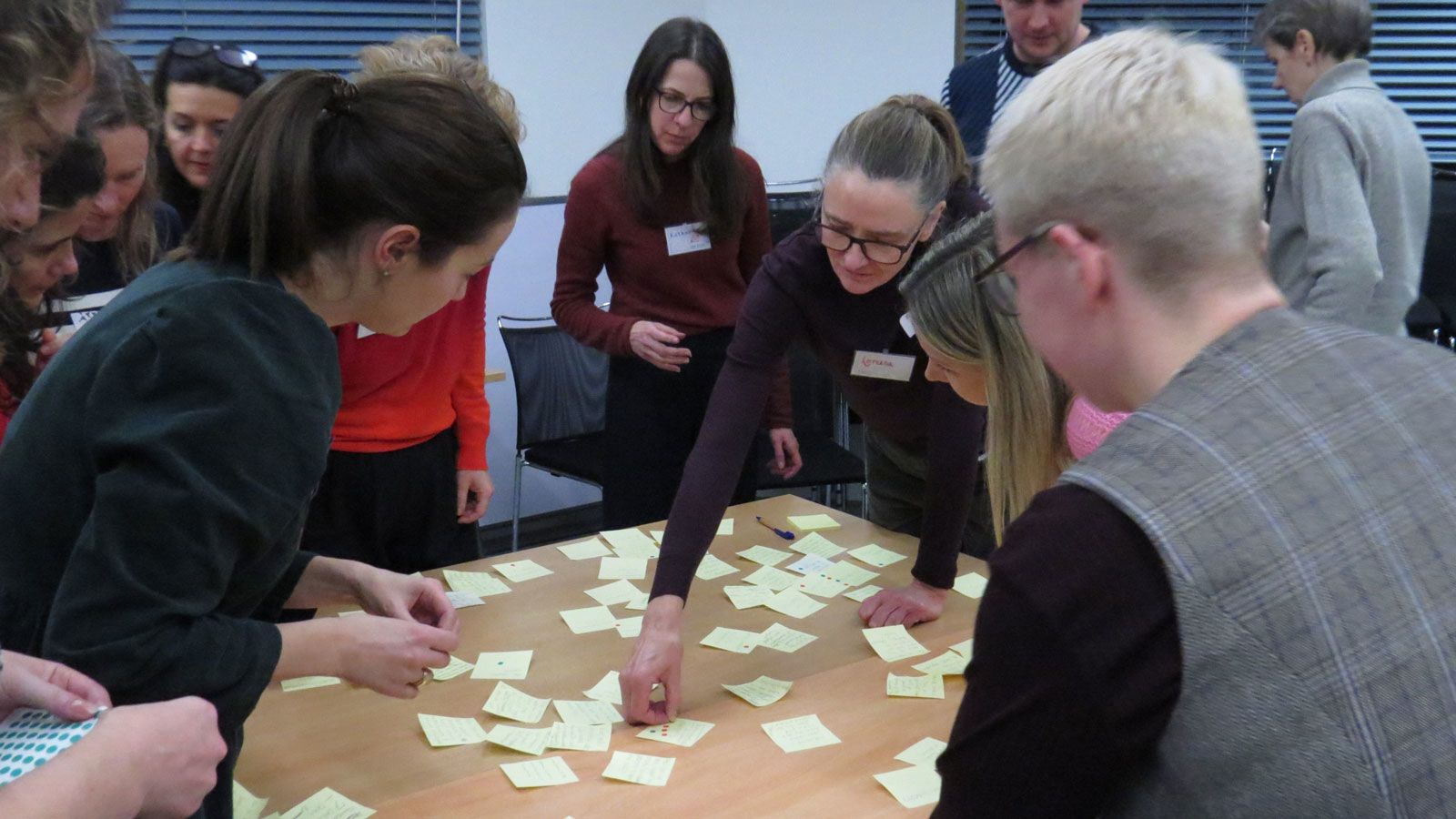

Cambridge’s first ‘Mobilise’ cohort sets out to harness the power of research and improve early childhood policy
Fifteen civil servants and local leaders from across the UK have embarked on a customised learning programme at the University of Cambridge, which will match relevant research insights to their work supporting babies and young children.
The pilot initiative, called ‘Mobilise’, is based at the University’s Faculty of Education, and if successful, could provide an entirely new model for integrating academic research with early years policy, so that together they change the lives and futures of babies and young children for the better.
Over six months, the group of professionals, who are all working on policy aimed at improving children’s wellbeing, learning and development; will participate in a tailored learning and research programme that directly applies research evidence to their work. They will study how babies’ brains develop, how different capacities emerge during infancy and early childhood, and spend time learning and playing with babies and children, building a deeper understanding of the young people whom they hope to benefit.

The idea of Mobilise is not just to give people involved in early years policy better access to the latest research, but to support them in using evidence in their work.
The project has been developed by the Centre for Research on Play in Education, Development and Learning (PEDAL) and deliberately inverts traditional approaches to integrating academic research and early years policy. Instead of being briefed on the latest findings, the participants will actively co-create their own learning agenda, by identifying current challenges in their field of expertise. They will then receive tailored resources, as well as direct access to leading experts, to help them address these issues.
The first group, who started their six-month learning journey this week, comprises professionals from England, Wales, Scotland and Northern Ireland, drawn variously from health, education and children’s services. They include civil servants, local government leaders, a charity CEO and a nursery head teacher.
The group is focusing on “harnessing the power of parents” and will cover research that can inform initiatives to help parents during their children’s earliest years; such as parenting programmes, or support for home learning.
Sally Hogg, Senior Policy Fellow at PEDAL, said: “The idea of Mobilise is not just to give people involved in early years policy better access to the latest research, but to support them in using evidence in their work. We are doing that through a customised programme so that it has direct meaning and relevance for their current priorities. The programme is designed to bring together a diverse community of professionals who can reflect, discuss, and exchange ideas and insights about how to optimise policy that supports young children and babies during the important early months and years of life.”

Sally Hogg and cohort members at the first accelerator event in Cambridge
Sally Hogg and cohort members at the first accelerator event in Cambridge
The pilot started last week (11 January) with the first of three intensive ‘accelerator’ days in Cambridge. The group attended opening presentations from Cambridge professors about early childhood development. They also had time to connect and reflect in playful ways and visited local nurseries to observe and play with young children; embodying the initiative’s child-focused approach.
Crucially – and in contrast with many other university-based programmes to bridge the research-policy gap – what happens next will be down to the participants themselves. Following the first accelerator, they identified priorities and challenges that they want to address over the next six months.
During that period, the group will undertake action learning: using the evidence and information they acquire through Mobilise in their own work; and sharing this with their fellow participants through monthly action learning sets.

To assist in this process, they will receive personalised evidence briefings, podcasts, weekly ‘nuggets’ of research content to review during coffee breaks, to deepen their understanding of the research behind the problem they want to tackle. They will also be able to have one-to-one meetings with experts from both Cambridge and a variety of other leading institutions.
The programme is being carefully evaluated to understand how it supports policy making, and the PEDAL team intend to repeat it in future with a focus on other aspects of early childhood development, using feedback to iteratively improve the programme design over time.

Each programme will focus on a different theme relevant to early childhood development and bring together similarly small, mixed teams with an interest in policy at different levels. The first cohort, for example, includes staff from the Department for Education in England, the Scottish Government, Public Health Wales, the Department of Health in Northern Ireland, the London Borough of Barking and Dagenham, Home Start Oxford, and a nursery school in Bristol.
The project is also deliberately child-focused, offering its participants opportunities to work directly with young children. In part, this approach aims to keep the needs and experiences of babies and young children, central to each group’s efforts. The organisers believe that keeping the child at the centre of the programme, rather than looking through particular policy or professional lenses, will help participants to find new insights and ideas, and to identify opportunities to work together towards shared goals.
Mobilise is supported by the LEGO Foundation through its funding for PEDAL. Further information is available at: https://content.educ.cam.ac.uk/23-mobilise-pilot
Images in this story:
Lead image: Paul Hanaoka, Unsplash.
Other photographs provided by Sally Hogg/PEDAL Centre